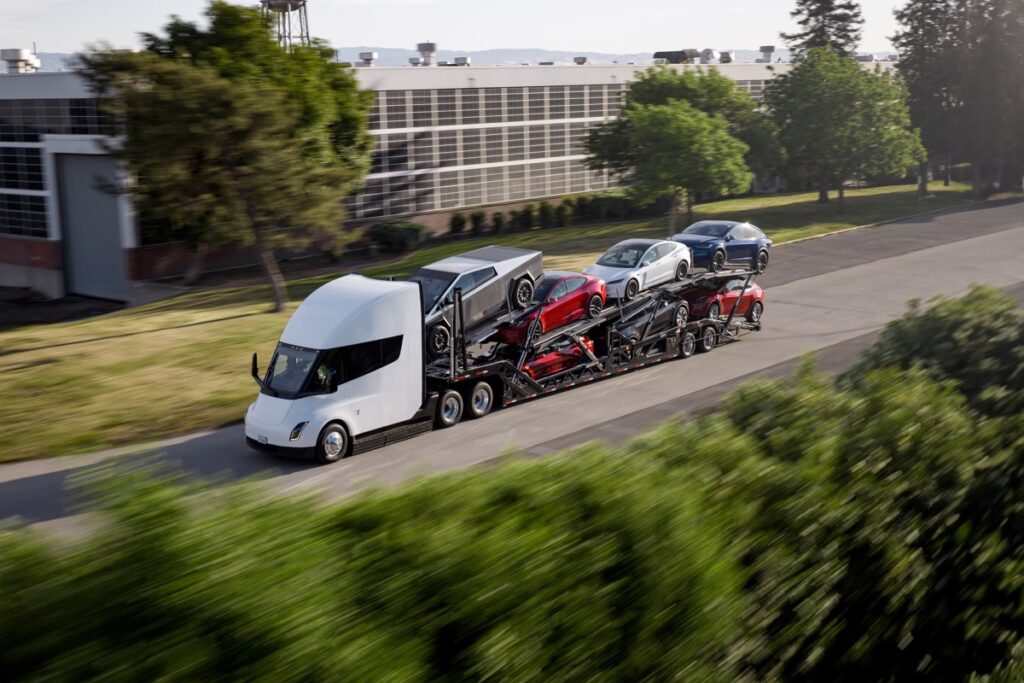Tesla, known for its dominance in the electric vehicle market, is facing a slip in its grip on California’s EV market, according to a recent report from the California New Car Dealers Association (CNCDA). The report revealed that in 2024, Tesla’s new vehicle registrations dropped by 11.6%, marking the company’s fifth consecutive quarter of decline. In Q4 alone, registrations fell by 7.8%, while Tesla’s overall EV market share decreased from 60% in 2023 to 52.5% in 2024.
Despite experiencing a decline, Tesla remains one of the most popular brands in California. However, its total market share (including all powertrains) dropped from 13% in 2023 to 11.6% in 2024, tying with Honda for second place behind Toyota. The Tesla Model Y retained its position as the best-selling light truck in the state, while the Model 3 tied for second place in passenger car sales with the Honda Civic.
The Cybertruck, Tesla’s highly anticipated electric truck, emerged as the fifth best-selling EV or hybrid in 2024, outperforming competitors such as the Rivian R1S and Ford F-150 Lightning.
A notable trend highlighted in the report is the rise of hybrid vehicles. While zero-emission vehicle (ZEV) registrations saw a slight decline to 21.3% in Q4, hybrid sales experienced a surge. This shift suggests that California drivers may be gradually transitioning to electrification rather than immediately adopting fully electric vehicles.
CNCDA Chairman Robb Hernandez emphasized the importance of consumer demand in shaping the market, stating, “It’s not about pushing one type of vehicle over another—it’s about having the right inventory to meet real customer needs.”
Overall vehicle registrations in California remained stable at 1.76 million in 2024, with a slight increase anticipated in 2025. Toyota emerged as the top-selling brand, with a 4.4% growth in 2024 and 289,258 registrations, while Honda also saw an increase in sales by 11.5%.
The evolving landscape of California’s electric vehicle market underscores the importance of meeting consumer needs and preferences in driving the transition towards sustainable transportation options. As the industry continues to evolve, companies like Tesla will need to adapt and innovate to maintain their competitive edge in the rapidly changing market.

